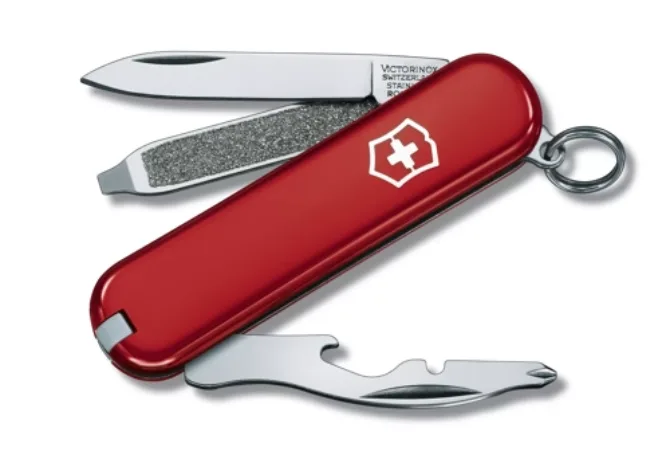
Small talk can be the bane of the office. Small talk also can be the starting point for more satisfying and productive conversations – as well as a launchpad for business and career opportunities.
Research cited by Shankar Vedantam of Hidden Brain reveals people who engage in small talk, whether in the office, over lunch or at social occasions, are open to deeper conversations. He says they just aren’t sure how to start them.
Vedantam offers a suggestion to “supersize” your small talk: If you share something meaningful and important, you are likely to get something meaningful and important in return, leading to a richer conversation.
Learning through conversation is the original form of interactive media.
Managers may employ Vedantam’s suggestion to spark conversations that yield honest feedback from employees, suppliers and customers. Employees may use this technique to gain a better understanding of a project, business objective or fellow worker. Product makers may seek out customers to talk about their products, the value they represent and potential improvements.
By far and away, networking represents the biggest opportunity reward for moving from small talk to engaging people in rich conversations. Rami Niemi, writing in Harvard Business Review, observes, “A mountain of research shows that professional networks lead to more job and business opportunities, broader and deeper knowledge, improved capacity to innovate, faster advancement and greater status and authority. Building and nurturing professional relationships also improves the quality of work and increases job satisfaction.”
In other words, rich conversations can pay big dividends.
Email, social media and Zoom meetings have dulled conversational capabilities. Couple that with dislike of “meet-and-greet” functions and fear of awkward conversational moments and you understand why rich conversations don’t occur frequently – or, for some timid people, ever.
Stanford University psychologist Carol Dweck urges fretful people to shift from a “prevention” to a “promotion” mindset. The promotion mindset is bold, curious and open to engaging exchanges with other people. Here are tips on transforming yourself toward a promotion mindset so you are open to rich conversations – and more willing to start them:
Avoid self-made barriers to engagement. A little respect and some fresh thinking can go a long way to stimulate rich conversations with anyone, any time.
- Be interested. Curiosity can ignite rich conversations. Look for shared interests to explore. Ask questions and explain why you’re interested. Don’t settle for a pro forma or brush-off response. Keep respectfully probing and listening.
- Be interesting. Read books. Watch documentaries. Stay up on current events and trends. Make a point to discover new ideas and topics. Give yourself confidence to share what you’ve learned. People are inclined to share what they know with people who have something to share.
- Expand Horizons. Don’t type-cast your brain or keep it in a closet. Let your mind range across new topics and perspectives. Dare to challenge your own opinion – or allow someone you talk with to challenge it. Learning through conversation is the original form of interactive media.
- Listen patiently. Listening is part of rich conversations. Others will be more interested in what you have to say if you listen to what they have to say. Listening doesn’t equate to believing or even trusting everything you hear. Listening is all about considering what you hear and responding with a thoughtful comment or question.
- Don’t limit yourself. Younger people or minorities may be reluctant to engage with older, more experienced people. Many people are reluctant to engage with people from different ethnic, religious or income backgrounds. Don’t be. Avoid self-made barriers to engagement. A little respect and some fresh thinking can go a long way to stimulate rich conversations with anyone, any time.
Networking isn’t easy or fun, at least to start. It’s a skill that must be learned and practiced. And it requires putting down your smartphone and taking time out from social media. Talking with people instead of at them is its own reward. When those conversations go deeper, the reward can be even greater.



